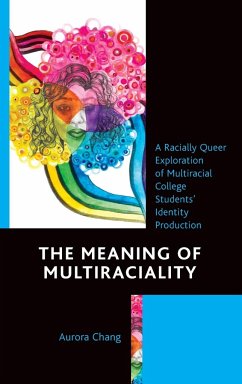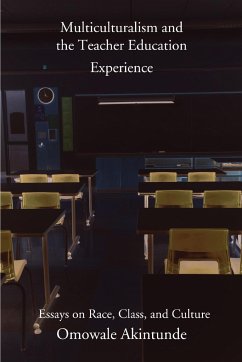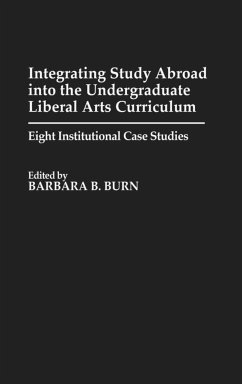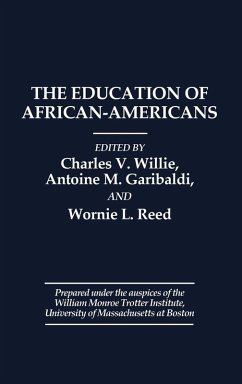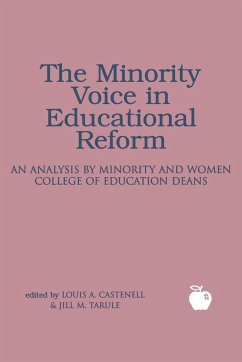
The Meaning of International Experience for Schools
Versandkostenfrei!
Versandfertig in 1-2 Wochen
87,99 €
inkl. MwSt.

PAYBACK Punkte
44 °P sammeln!
Angene Hopkins Wilson presents case studies which illustrate how internationally experienced persons--including teachers who have travelled and lived abroad, returned Peace Corps volunteer teachers, and immigrant and international students--contribute to the curriculum in their schools. In an affluent suburban elementary school, an impoverished rural middle school, and an inner-city magnet high school program, Wilson examines how school systems, teacher education programs, and communities can cooperate in efforts to provide social education with a global perspective. She discusses problems suc...
Angene Hopkins Wilson presents case studies which illustrate how internationally experienced persons--including teachers who have travelled and lived abroad, returned Peace Corps volunteer teachers, and immigrant and international students--contribute to the curriculum in their schools. In an affluent suburban elementary school, an impoverished rural middle school, and an inner-city magnet high school program, Wilson examines how school systems, teacher education programs, and communities can cooperate in efforts to provide social education with a global perspective. She discusses problems such as the ambivalence of school culture towards international experience and the tension between cultural loyalty and world citizenship, offers a model explaining the impact of international experience and makes specific suggestions for using international experience more fully in the schools.





